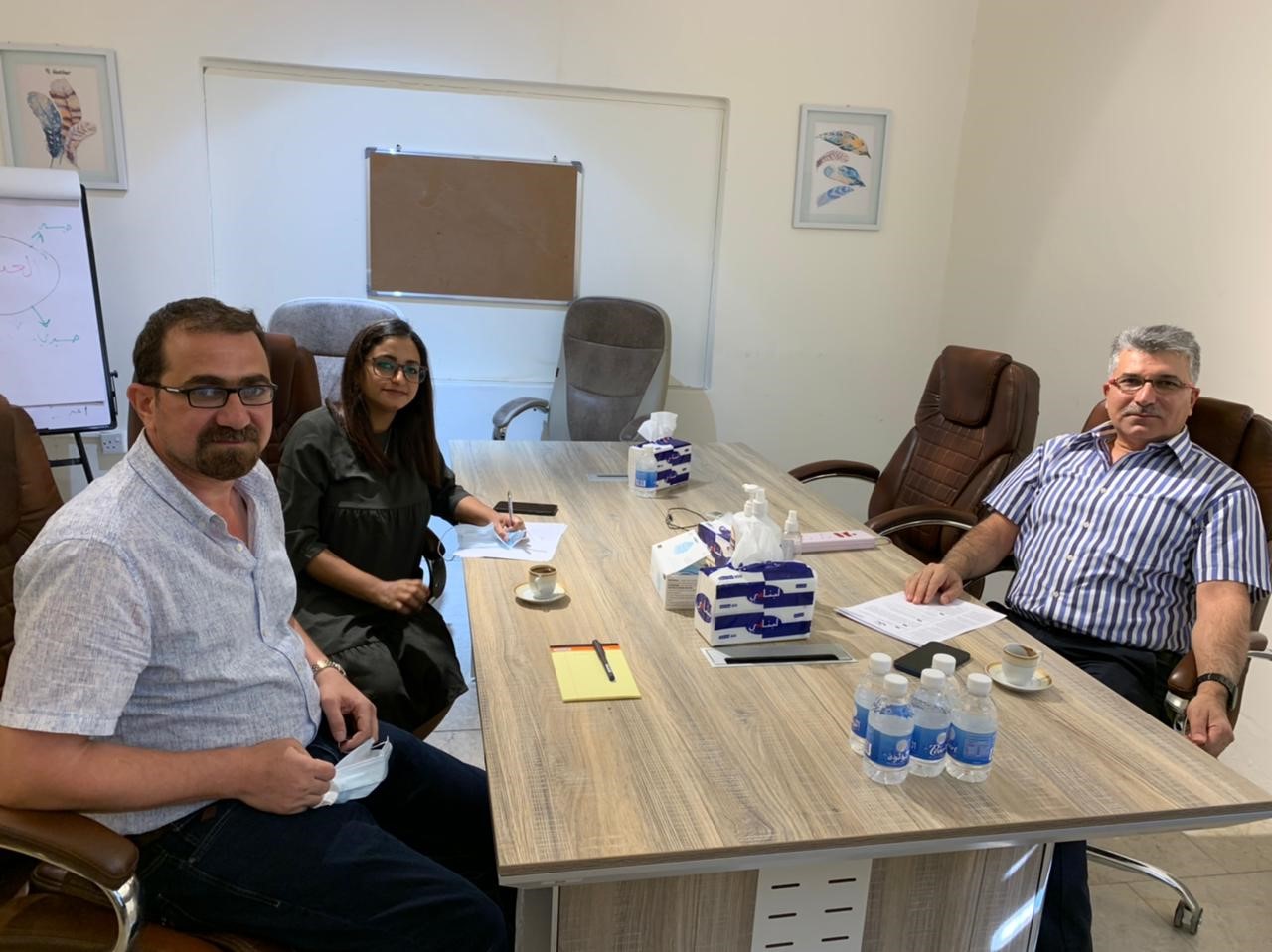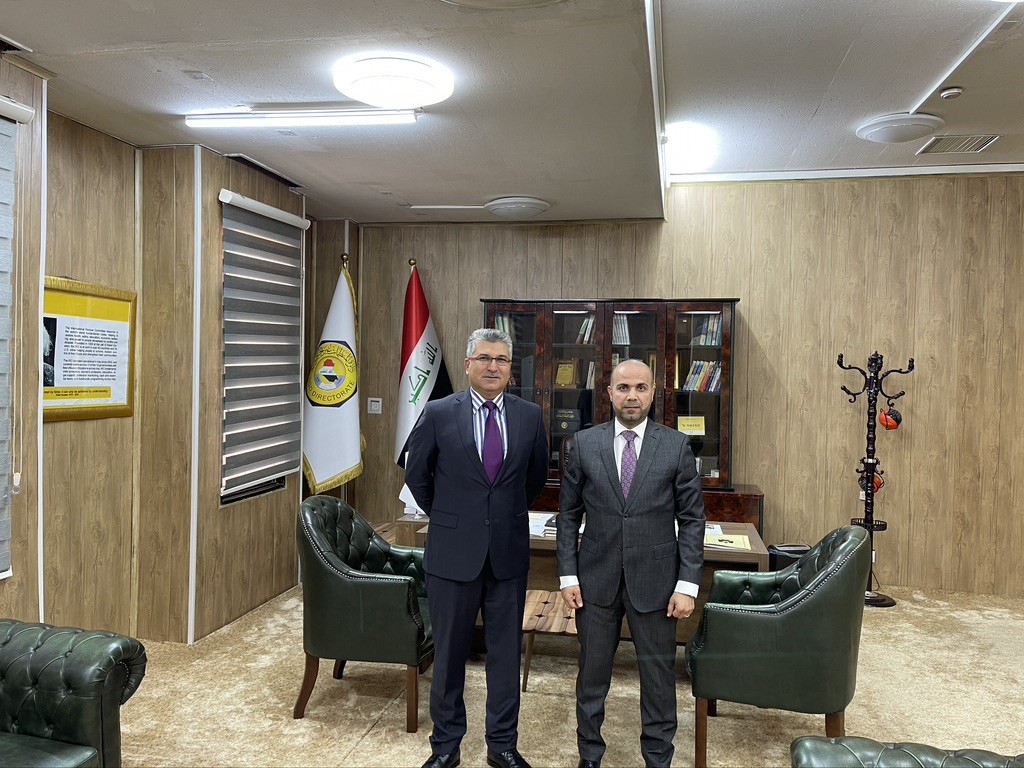
In partnership with GIZ Iraq, mselect conducted a market study to assess the current state of affairs and the voice of a population of people within civil society organisations (CSOs) active in specific fields, including those that focus on:
Socio-economic development
Women economic empowerment
Political and policy advise
Environment, especially those that focus on renewable and sustainable energies
Agriculture
Business Integrity
The objective of this study is to map and assess Civil Society Organisations (CSOs) in Iraq including the Kurdistan Region of Iraq (KRI) which have a focus on (socio-) economic development, women economic empowerment, and other related sectors (especially organisations engaging in advocacy work on the topics).
A report was then compiled to determine how Iraqi CSOs could be further supported in making their voices heard and how they could participate more effectively in the policy-making process for policy reforms.

What methods were used to collate this information?
To ensure that a fair approach was taken to this study, three different methods of information collation were used. This included:
A desk review of data provided by organizations, academic literature, and government white papers.
Field interviews, distributed surveys, and follow-up interviews.
Online interviews to discuss findings and to collect comments, feedback, and additional information.

What did the report uncover?
Firstly, it became clear that the majority of assessed CSOs view themselves more as trainers and educators striving to achieve the goals set out by their organisations, although sometimes these are often very vague. They also commented that:
There needs to be more consistency between CSOs and their activities.
They share a common purpose, to increase how often the community is included in the decision-making process.
There is a concern about the financial sustainability of the role.
They need help with media management and strategic planning which are vital to their survival.
Externally, they struggle with obstacles put in place by legislative limitations,
There is a lack of engagement with local governmental bodies which is required in order to find solutions to community issues.
Partnerships are not regulated and are ad-hoc, but desperately needed in order to develop projects, raise public awareness, and protection of rights.
CSOs want to develop their report writing skills and project management abilities.
A lack of trust towards the public sector has become an issue but in contrast, the public sector is struggling to move past the negative stereotype still surrounding CSOs.
Education would also increase the CSOs chances of successfully fulfilling their missions

How can CSOs move forward?
This report was not designed to simply highlight the issues but also how some of them could be overcome with many CSOs offering a number of solutions including:
Gaining help and assistance with strategic planning to identify projects and define their targets.
By designing creative programs, evaluating them, and continuing to adjust their approach as needed.
They need to move away from a blame culture and focus more on how they can positively influence others.
CSOs believe that they should try to work with public officials and government bodies more often.
Most CSOs seek more training, as well as partnerships with international organisations.
CSOs need support to develop skills in reporting, planning, negotiation, and communication.
CSOs need to educate the community to understand the role they play in society.
On top of all of this, they also mention the need to feel more enabled with the support of a protective framework so that they can operate more freely, obviously within a defined set of rules.
The fact that CSOs are the voice of many, including very often the most vulnerable - the elderly, the youth of society, vulnerable women, and minority groups - only highlights how important it is to strengthen their relationships with the wider community.
If not, these voices will in effect, be lost.
Prior to 2003, the Civil Society as a concept didn’t exist, highlighting that there is a need for such a body to be able to continue to help with Iraq’s recovery and development and to help further influence the decision-makers for the masses.
Perhaps the first step is for all those in influential positions to read this survey and consider how they themselves can make a difference.
